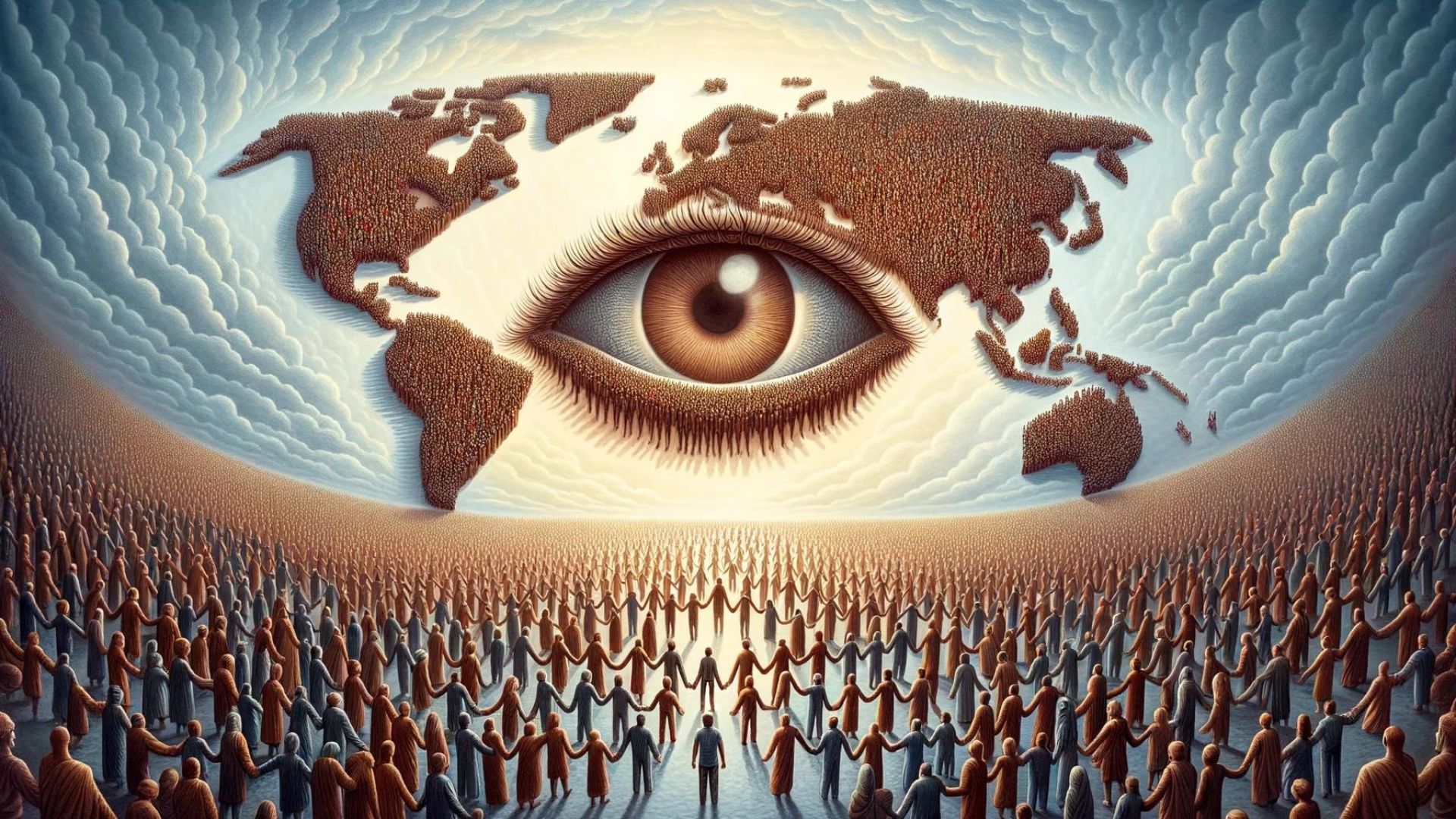Picture our world as a vast tapestry. While beautiful, it can be marred by acts of hate, revenge, and brutal injustice. It’s natural to crave that swift, sharp sting of retaliation when wronged. Yet, in these moments of intense hurt, Mahatma Gandhi’s wise words come into focus: “An eye for an eye only ends up making the whole world blind.”
Strength in Non-Violence
Mahatma Gandhi, champion of Indian independence and a pioneer of non-violent resistance, lived these words. He witnessed horrific human cruelties while fighting colonial oppression in both India and South Africa. Despite everything, he believed the cycle of violence only perpetuates more violence.
Picture two hostile nations locked in endless bloody clashes, each act of aggression justifying the other’s in turn. Where can true peace arise? Retaliation breeds resentment, fueling escalation, not lasting change. True strength, Gandhi preached, lay in resisting this destructive urge for vengeance.
Everyday Relevance: Breaking the Cycle
We don’t have to face nations at war to see this dynamic play out. At school, online, and in our workplaces, conflicts can flare up. Someone spreads a nasty rumor about you, or a work colleague undercuts your efforts. Your instinct might be to strike back, to inflict a wound equal to the one you received. However, this approach rarely brings resolution. More often, it deepens the rift, fueling anger on both sides, until neither person is seeing clearly.
Instead, consider drawing inspiration from the philosophy of nonviolence in these moments. This doesn’t mean passive acceptance of harm. It means responding from a place of strength and conviction, refusing to descend into mindless brutality. This can be as simple as standing up to a bully without violence, or calling out injustice with firm, reasoned logic.
Caution: When Retaliation May Be Necessary
Historical narratives are rarely simple. The harsh truth is that some acts of oppression are unrelenting, so deep-seated that appeasement becomes complicity. When lives and basic rights are violated, those victimized can reach a point where defense and even some level of force become necessary. Gandhi himself wasn’t blind to the occasional need for a nation to wage a battle for self-preservation.
Gandhi’s Legacy
While an inexact quote, this message perfectly reflects the crux of Gandhi’s belief. Nonviolent resistance can spark long-overdue change and inspire even hardened hearts toward dialogue and compassion. As Nelson Mandela, himself a leader who endured unspeakable injustice, put it, “Gandhi’s ideas have played a vital role in South Africa’s transformation and with the help of millions we shall bring about complete change in South Africa.”












0 Comments